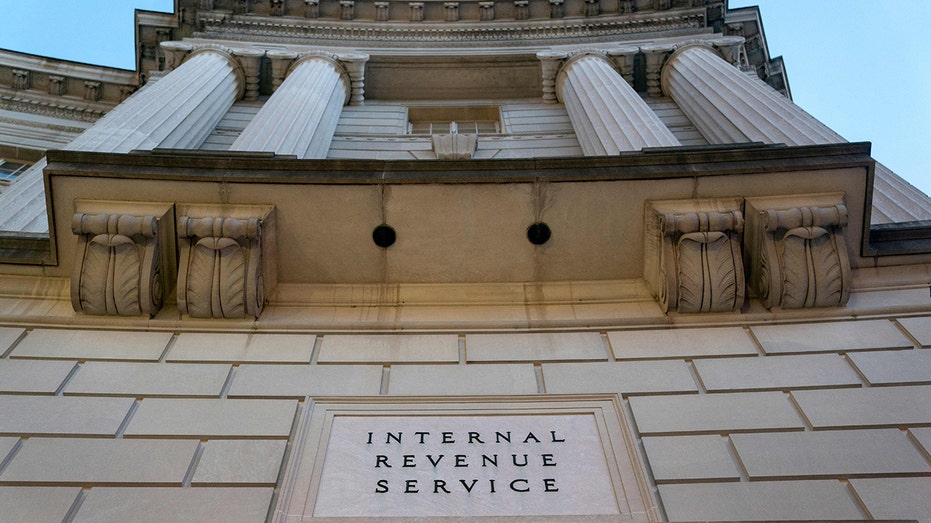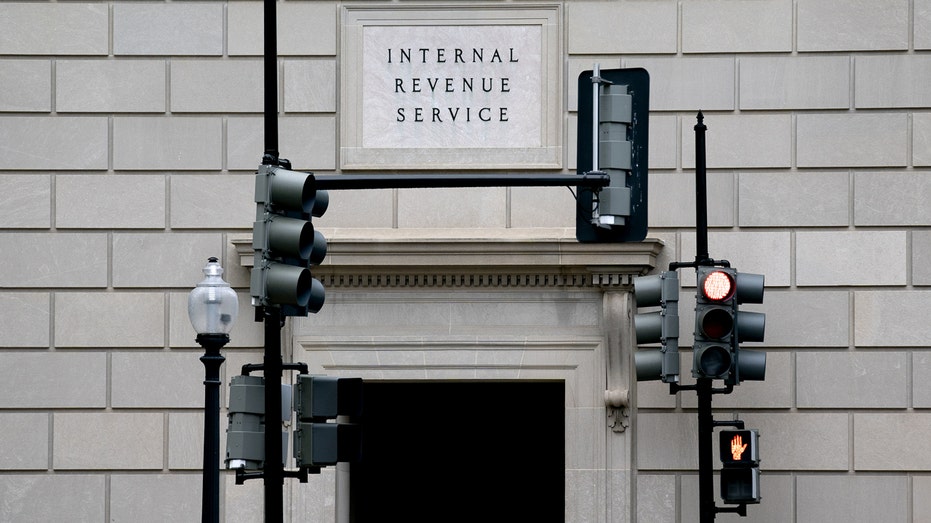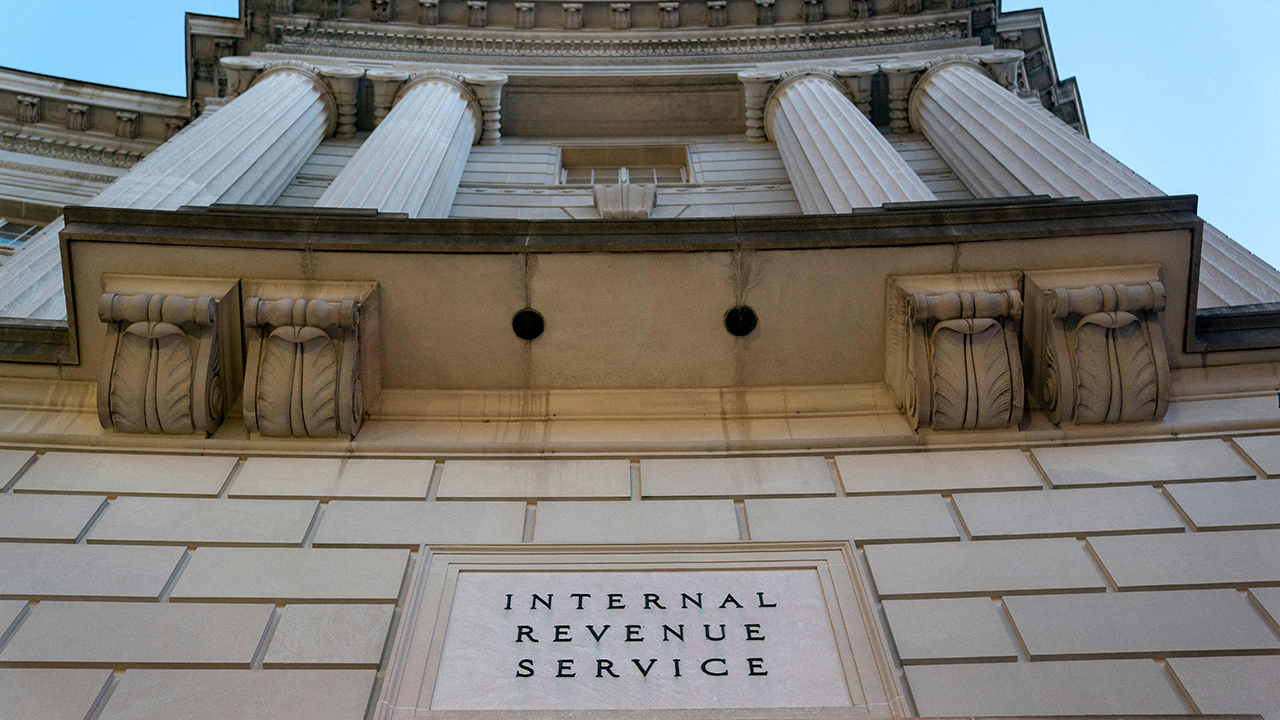IRS unveils spending plan for $80B funding boost
IRS promises to increase audits of of wealthy taxpayers with $80B funding boost
GOP congressman presses Yellen on whether IRS will use race, gender in audits
Rep. Jason Smith, R-Mo., asked Treasury Secretary Janet Yellen whether the IRS will use race or gender in deciding audits in response to the Biden administration's "equity" push.
The Internal Revenue Service on Thursday unveiled its long-awaited spending plan for a controversial $80 billion cash infusion, pledging to hire thousands of new workers to audit wealthy Americans and big corporations.
The roadmap provides new details about how the tax-collecting agency will use the money over the next decade, including plans to modernize technology, improve customer service, deliver real-time alerts, provide "world-class" customer service and crack down on the so-called tax gap by enhancing enforcement of the wealthy.
The Treasury Department previously said the funding boost would allow the IRS to hire about 87,000 workers over the next 10 years, doubling the agency's staff. However, the operating plan did not provide an estimate for the agency's hiring plans beyond the next few years.
The IRS – which had about 78,700 employees as of 2021 – said that it plans to hire nearly 30,000 new employees by the end of fiscal year 2025, including 8,782 hires in enforcement and 13,883 in taxpayer services. The new enforcement employees will be "exclusively" focused on high-earning households, larger partnerships and companies, according to IRS Commission Danny Werfel.
HIGH INFLATION COULD HIT YOUR TAXES THIS YEAR - HERE'S HOW

View of the Internal Revenue Service (IRS) building in Washington, DC, on January 24, 2023. (STEFANI REYNOLDS/AFP via Getty Images / Getty Images)
"People who get W-2s or Social Security payments or have a small business should not be worried about some new wave of IRS audits," Werfel said during a call with reporters. "We’re taking that off the table."
The influx of money for the IRS over the next decade was included in the Democrats' health care and climate change spending bill – dubbed the Inflation Reduction Act – that President Biden signed into law in August 2022. The funding is aimed at improving tax compliance among big corporations and wealthy Americans and shrinking the estimated $600 billion tax gap.
WERFEL CONFIRMED AS NEXT IRS HEAD
Still, the additional funding has elicited fierce pushback from Republicans and other critics, who say that a beefed-up IRS could ultimately hurt lower-income Americans.
That's because the IRS disproportionately targets low-income Americans when it conducts tax audits each year. In fact, households earning less than $25,000 a year are five times as likely to be audited by the agency than everyone else, according to an analysis of tax data from fiscal year 2021 by the Transactional Records Access Clearinghouse (TRAC) at Syracuse University.

U.S. Treasury Secretary Janet Yellen takes her seat as she arrives for a House Ways and Means Committee hearing on Capitol Hill March 10, 2023 in Washington, DC. (Drew Angerer/Getty Images / Getty Images)
The reason for that is a rise in what is known as "correspondence audits," meaning the IRS conducts reviews of tax returns via letters or phone calls rather than more complex face-to-face audits. Just a fraction – 100,000 of the 659,000 audits in 2021 – were conducted in person.
YELLEN DOESN'T DENY THAT 90% OF NEW IRS AUDITS WOULD AFFECT THOSE MAKING UNDER $400K
According to the Syracuse study, more than half of the correspondence audits initiated by the IRS last year – 54% – involved low-income workers with gross receipts of less than $25,000 who claimed the earned income tax credit, an anti-poverty measure.
The discrepancy is primarily due to high-income taxpayers having complex investments that can easily shroud the gaps between taxes owed and paid vs. taxes reported and paid.
The IRS plan repeatedly states that it will comply with Treasury Secretary Janet Yellen's order to not increase audit rates for Americans who earn less than $400,000 a year.

The Internal Revenue Service (IRS) building in Washington, D.C., U.S., on Saturday, June 26, 2021. (Photographer: Stefani Reynolds/Bloomberg via Getty Images / Getty Images)
"We will focus IRA enforcement resources on hiring the accountants, attorneys, and data scientists needed to pursue high-income and high-wealth individuals, complex partnerships, and large corporations that are not paying the taxes they owe," Werfel said in the report.
"All efforts will comply with your directive not to use IRA resources to raise audit rates on small businesses and households making under $400,000 per year, relative to historic levels."
CLICK HERE TO READ MORE ON FOX BUSINESS
Revenue generated by the stronger IRS will go toward initiatives designed to combat climate change and curb pharmaceutical prices, as well as efforts to reduce the nation's $30 trillion debt.





















